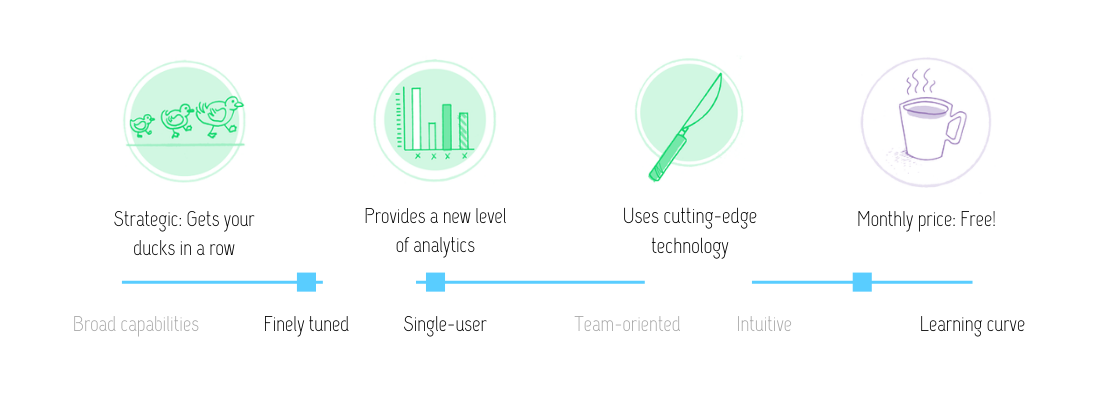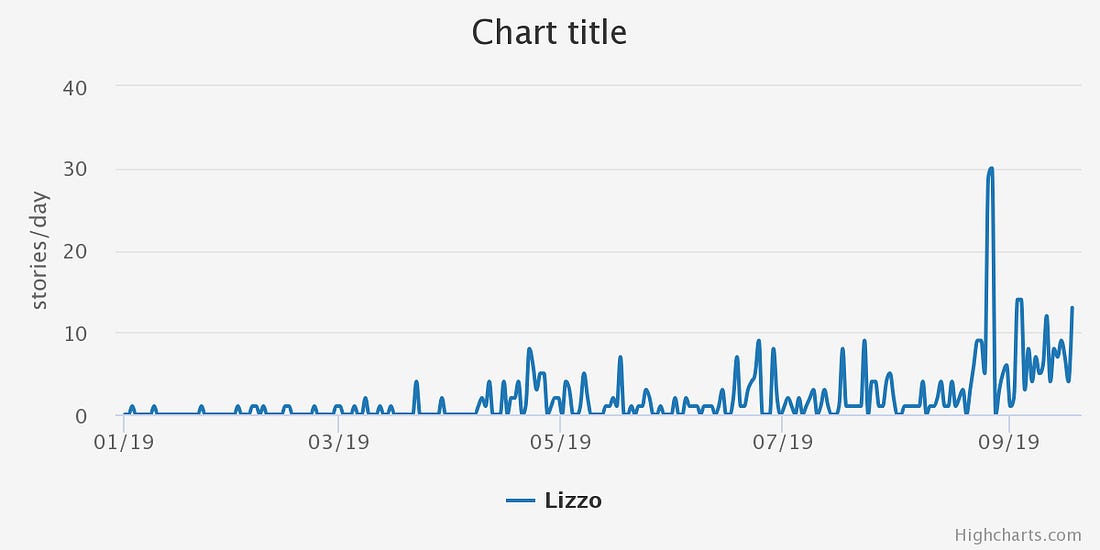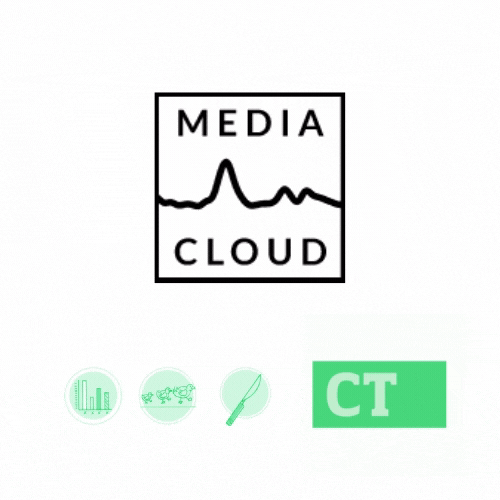This review originally appeared in the September 19, 2019 issue of The Content Technologist with the email subject line "A glutton for internet culture" and a guide to optimizing gifs for search on Giphy.
As an online teen the late 90s, I wished for a search engine where I could find everything. I wanted all of the websites about the Smashing Pumpkins in one place! Then I found Google and the next twenty years happened.
But it’s damaging to only use Google to find pretty much all of my information, ever. I’ve been working in SEO for six years, so I know how the search engine works, what it prioritizes, how it classifies things. As people we have shifted the way we communicate to better accommodate Google (what’s up, Near Me!).
For more academic research — trying to learn more about a topic as a whole and the conversations around the topic — relying solely on Google is problematic. It’s like only going to the same library, over and over again, for years.
That said, alternative databases are often sparsely updated. Academic databases that were great in the early 2000s lost funding, or people lost interest or ability to keep them up. When they still exist, prohibitively expensive and you have to get yourself to an on-campus library to use them.
As an answer to that, MIT and Harvard researchers and a bunch of journo folk put together MediaCloud. And I can tell you right now: this research nerd LURVES it.
![Vampire girl Kirsten Dunst says, "I want some more." [gif]](https://cdn.substack.com/image/fetch/w_1100,c_limit,f_auto,q_auto:good/https%3A%2F%2Fbucketeer-e05bbc84-baa3-437e-9518-adb32be77984.s3.amazonaws.com%2Fpublic%2Fimages%2F0884a474-d518-4de2-85e6-9b359200a4dd_500x256.gif)
At a glance: MediaCloud

MediaCloud is a research tool to help journalists, marketers and content developers understand how media covers a topic over time. It’s a bit like Google Trends or Facebook’s CrowdTangle, but only for media sources. Their database comprises local, national and digital-only news sources.
MediaCloud is actually three separate tools:
Explorer enables you to see how a topic is covered over time. Here is a chart identifying media coverage of Lizzo from the past year.

You can download the raw data and images of the chart over time, as well as customize date ranges. I cannot for the life of me figure out how to customize the chart title! So there are some kinks to work out.
You can also see which other entities (people/places) are covered in conjunction with your search topic, geographic concentrations, etc. It’s nifty and quick.
- Topic Mapper is designed for in-depth research. The Topic Mapper crawls a seed set of news stories, follows links to other news stories and returns a massive list of relevant results. You create your old fashioned boolean query (it’s still often the best way to do things!), narrow down your sources to ensure your query will return the results you want, and within a couple of hours, you get a full set of sources to read to your heart’s desire. To understand the influence of each story, you can see which stories were the most shared and distributed. Fellow scorched-earth-style researchers: this tool’s for you.
- Source Manager lets you examine the sources from which MediaCloud draws, organized by geography, language and political bent (because even the most “objective” news source leans one way or the other). You can suggest new sources and collections as well.
As a mass communications grad student, I’d spend hours sifting through Google and academic databases, trying to pull relevant digital media sources for whatever topic I wrote about. When I wrote my master’s thesis on widely read feminist blogs, the only choice I had to follow a topic on a blog was downloading individual posts via the blog’s metadata, then determining the tone of the conversation. It took hours.
I would have killed for MediaCloud.
![Spicoli says, "Oh, gnarly!" [gif]](https://cdn.substack.com/image/fetch/w_1100,c_limit,f_auto,q_auto:good/https%3A%2F%2Fbucketeer-e05bbc84-baa3-437e-9518-adb32be77984.s3.amazonaws.com%2Fpublic%2Fimages%2F8738637c-b86f-486a-ba1f-378b88d3bfbf_500x270.gif)
I would recommend MediaCloud for anyone who likes to dive deep into a topic, publicists who want to track mentions, content creators discerning what new perspective they can add to a conversation, trends researchers, anyone who likes playing with news data… because it’s freaking free (and hopefully free of problematic funding, but Harvard and MIT aren’t doing so hot on that front right now, I acknowledge). I hope its relevance lasts longer than a few years.



